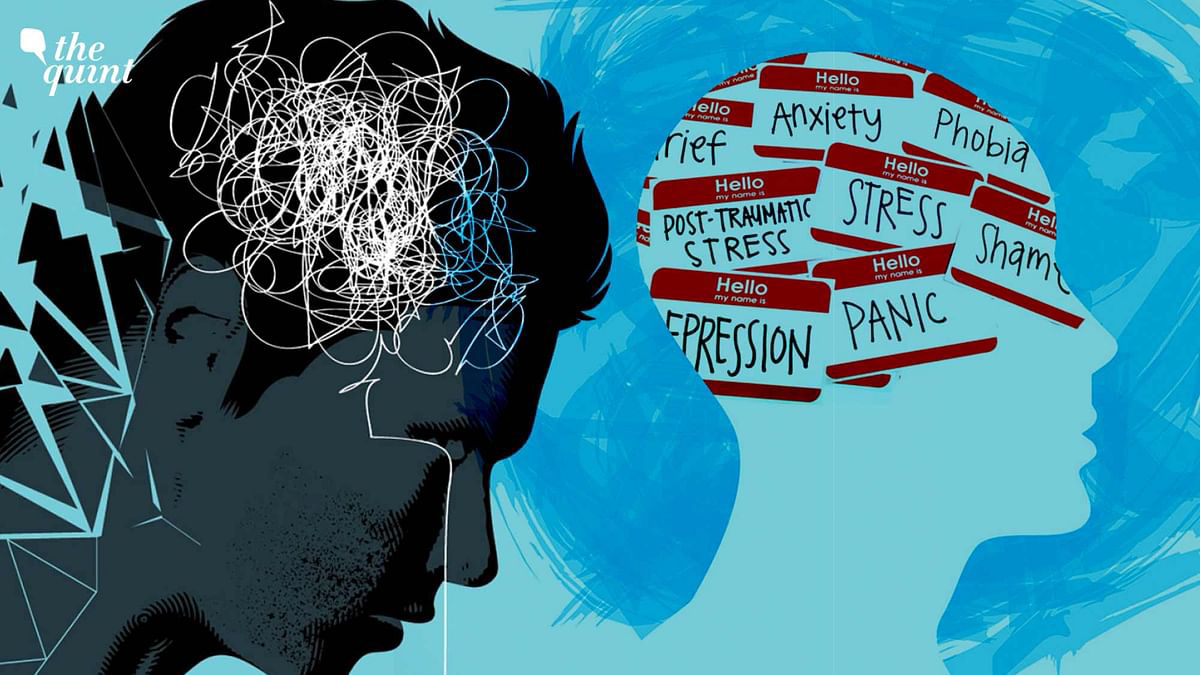Hi, good readers, how are you? Today I want to share an interesting topic, namely "what is the best anxiety medication with less side effects", The main reason why I choose this topic because many people want to take treatment for anxiety disorders through medication, based on my review, many people use medications for anxiety disorders for several reasons:
1. Effectiveness: Medications are often effective in rapidly and significantly reducing anxiety symptoms.
2. Medical Recommendations: Doctors often recommend medications as part of a comprehensive treatment plan.
3. Convenience: Taking medication can be easier and more practical compared to other treatment methods.
4. Symptom Severity: In some individuals, anxiety symptoms are so severe that they require medical intervention for initial stabilization.
5. Lack of Alternatives: Some people may not have access or time for psychology-based therapies such as cognitive behavioral therapy (CBT).
6. Positive Experiences: Some individuals have had positive experiences with drugs before, so they are more likely to use them again.
However, it is important to remember that medication use should be under the supervision of a medical professional to manage potential side effects and dependency, there are types of drugs with high doses and some with low doses, Medications with lower side effects are often chosen for patients with anxiety disorders who are looking for a solution with minimal risks. Some examples of these drugs are:
1. Buspar (Buspirone):
- Usually has milder side effects and does not cause dependence.
2. Lexapro (Escitalopram):
- Included in the SSRI (Selective Serotonin Reuptake Inhibitors) antidepressant class and generally have a better side effect profile than some other antidepressants.
3. Zoloft (Sertraline):
- Also includes SSRIs and is usually well tolerated by many patients.
4. Vistaril (Hydroxyzine):
- Antihistamines that can be used to treat short-term anxiety with side effects that tend to be mild.
5. Cipralex (Escitalopram):
- Similar to Lexapro, known to have relatively low side effects.
It is important to consult a doctor before starting treatment, as the effectiveness and tolerability of the drug may vary from one individual to another, hopefully this article can give you an idea how to.l improve your life area, good luck.


